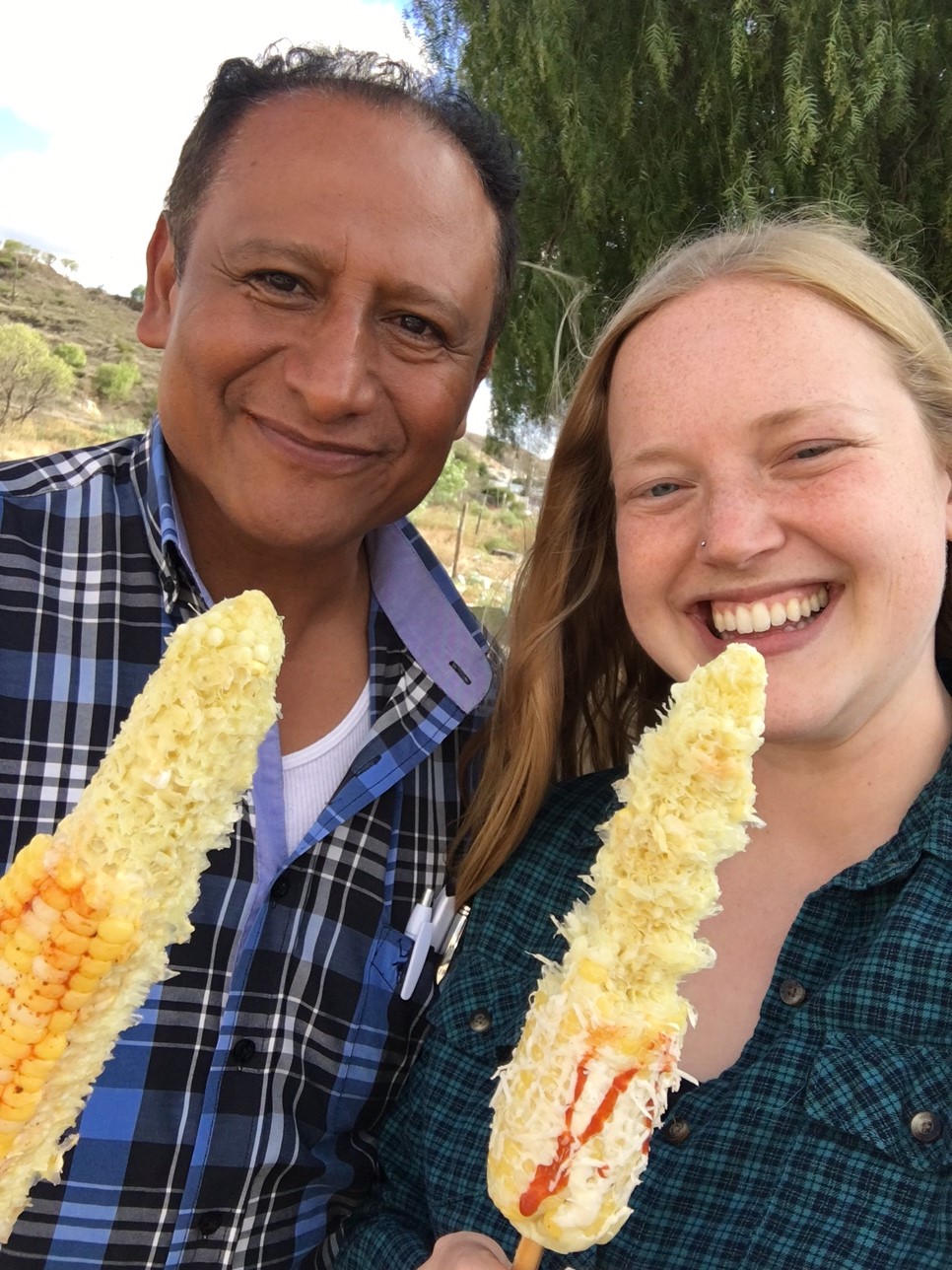MBA Intern Series: Seeders in Sombrerete
By Jess Newman / August 3, 2016
Jess Newman is a MBA intern based in St. Louis, MO, working with the Agricultural Development team in Global Procurement . So far, she has travelled to Mexico, Idaho, and Belgium. Jess is currently a dual degree student pursuing an MBA at MIT Sloan and an MPP at the Harvard Kennedy School of Government.
For malt barley growers in the Mexican state of Zacatecas, planting is often a frustrating season. Growers use older machines that distribute seeds by tossing them in a circular pattern, and they regularly end up in the soil unevenly spaced and at different depths. Seeds that are too deep, too close to the surface, or too close to each other ultimately reduce yield. Growers also need to perform a separate application of fertilizer once the barley is sown. Despite the availability of equipment that is more efficient and productive than what many currently own, growers face the barrier of an upfront cash outlay required for a new machine.
The team in Zacatecas identified a clear opportunity: help growers acquire high quality seeders that enable more uniform planting and simultaneous application of fertilizer, increasing grower efficiency and yields. Working closely with growers and the state government in Zacatecas, the team developed a program to purchase 40 seeders from a local equipment producer and distribute them to qualifying growers. The government would provide a 50% subsidy of the total cost and growers would repay Modelo for the other half of the seeder cost at a 0% interest rate in four annual payments of either cash or barley.
The machines were delivered in June 2016 in time for the spring/summer planting cycle. I attended a seeder distribution event in the town of Sombrerete and interviewed program participants. The growers are excited about how much time the seeders will save them and the potential yield increases they could experience. They are also enthusiastic about the opportunity to work with brand new machinery - a rarity in the region.
The event also helped the agronomy team collect valuable feedback - for example, growers will need initial training support to optimize use and maintenance. During this first year of the pilot, data collection on seeder use, the grower experience, and yield outcomes will be critical to validating this innovative program. Luckily, Modelo growers expressed enthusiasm about data sharing with the agronomy team. Together, we can ensure the program is a success!
Jess eating elotes with Aguilar Hernandez Raul, lead agronomist for Modelo in the Zacatecas region in Mexico.

